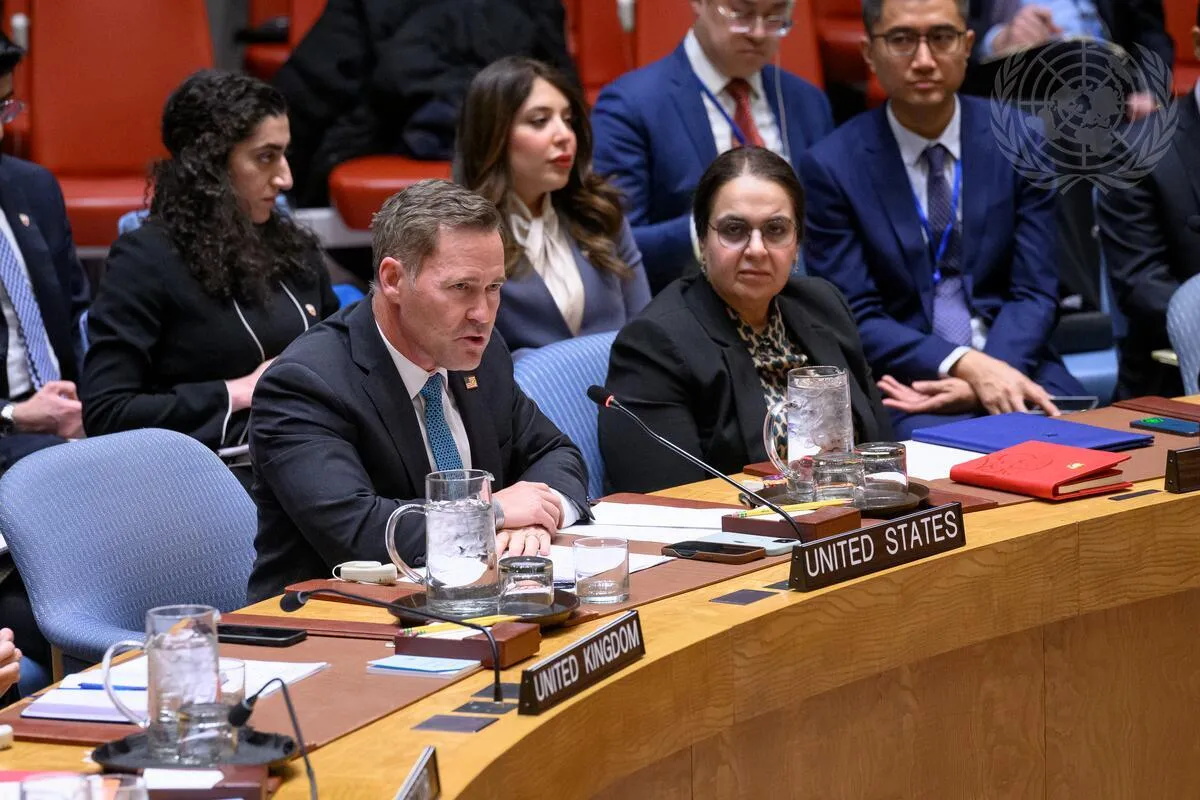Kremlin spokesman Dmitry Peskov responded to all the media chatter after the Paris meeting on Ukraine, by telling reporters April 17 that “The main track on which the work on the Ukrainian settlement is being carried out is the Russian-U.S. contacts, which are continuing.”
Russian President Vladimir Putin’s investment envoy, Kirill Dmitriev, stated bluntly that “there is a very active propaganda campaign against Russia in the United States through various media, so it’s very important to communicate Russia’s position directly—and this has certainly been done.” He pointed to foreign countries’ role: “a lot of people, structures, and countries are trying to disrupt our dialogue with the United States.” He said that the negotiations, despite the sabotage, have been “extremely productive.… There is a very useful dialogue going on. It is certainly going on in very difficult conditions—constant attacks and constant misinformation.”
Russian Foreign Ministry spokeswoman Maria Zakharova also reported that Washington “is listening” to Moscow and “does not rely on the imposed judgments of globalists or their affiliated experts.” Instead, the Trump administration is “trying to understand the details and essence of the issue in order to form its own view of the situation and potential solutions.”
Russia’s United Nations Ambassador Vassily Nebenzia told reporters at the UN that Ukraine had repeatedly violated the 30-day moratorium on attacks on each other’s energy infrastructure, and that this made a full ceasefire highly unlikely at present. “How close we are to the ceasefire is a big question to me personally, because, as I said, we had an attempt on a limited ceasefire on energy infrastructure, which was not observed by the Ukrainian side. So, in these circumstances, to speak about a ceasefire is simply unrealistic at this stage,” Nebenzia said.
Kremlin spokesman Peskov said on April 18 that the moratorium had expired, but that Putin had not yet announced a decision on further steps.


